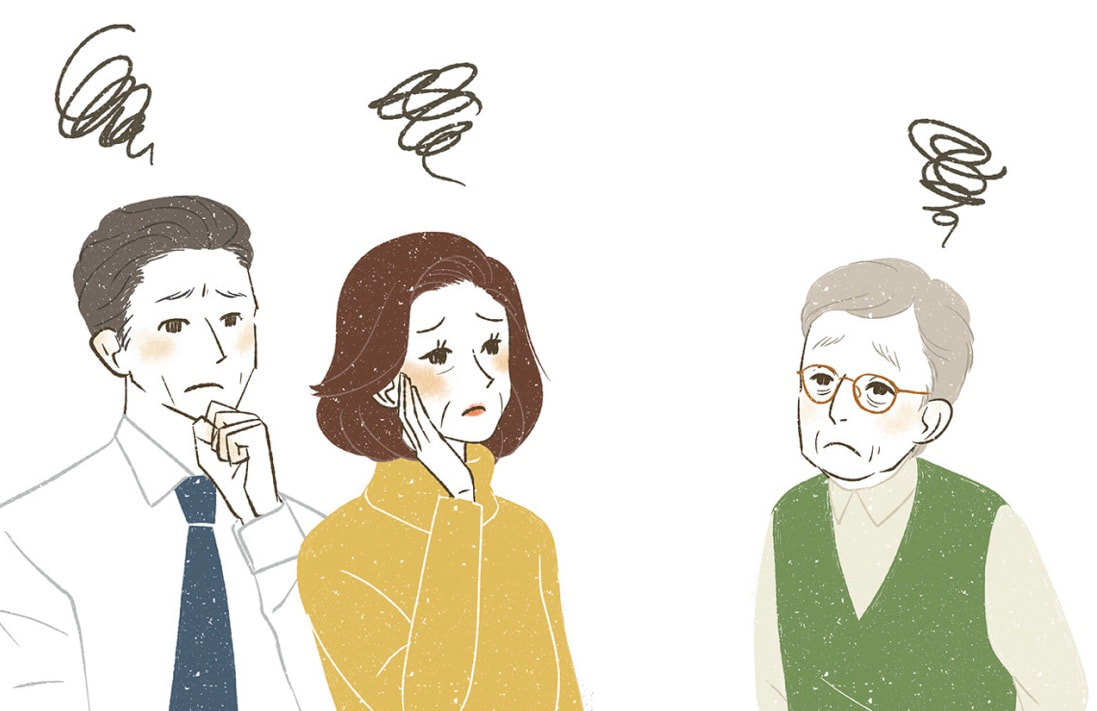Depression in patients with Dementia
Depression and anxiety are very common among people with mild cognitive impairment and dementia. Research shows that about a third of people with dementia also have depression, and that anxiety symptoms afflict roughly a quarter to half of patients with Alzheimer’s disease and other forms of dementia. Patients with depression are usually undiagnosed and under treated. In a recent study it was found that only 35% of the patients with dementia and depression were receiving proper treatment. Depression leads to functional decline and one of the main reasons for patients being place on a nursing home. In patients with dementia, the treatment of depression and anxiety is difficult. Per history the primary treatment for theses diseases has been medications. We know that many psychiatric drugs come with serious risks and side effects for older people.
We have been using a more recent novel approach called Problem Adaptation Therapy, or PATH. The therapy, developed at Weill Cornell Medicine in New York City, focuses on solving tangible problems that fuel feelings of sadness and hopelessness. Patients are taught to identify the situations that trigger negative emotions like sadness, anxiety, guilt, helplessness and hopelessness. They are also taught to shift their attention away from those situations and emotions by incorporating tools, like checklists, calendars, signs and videos that will be filled of positive feedback, like a reminder how good of mother she is or how good of a doctor she was when she was practicing, etc. I think we need better ways to treat depression in patients with dementia. Medications could be an option but as I always say “the less medications, the better”. I found this new approach very helpful. Hope it helps. Let’s celebrate aging!










